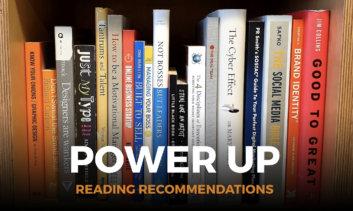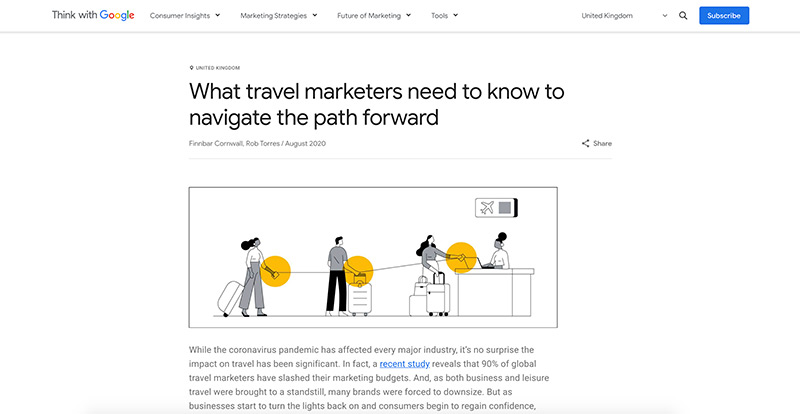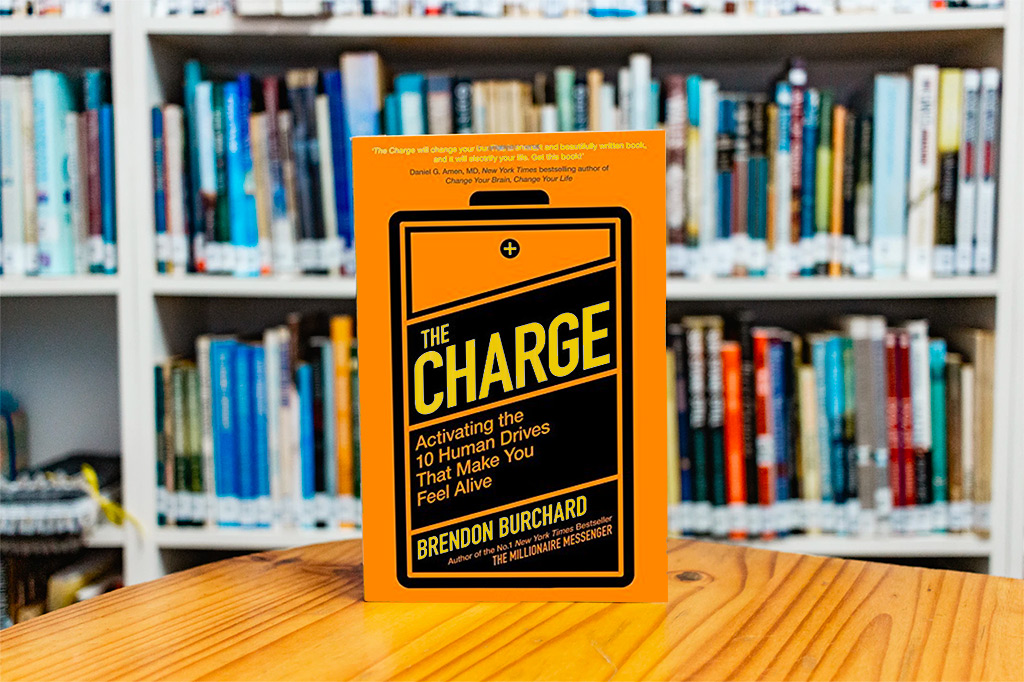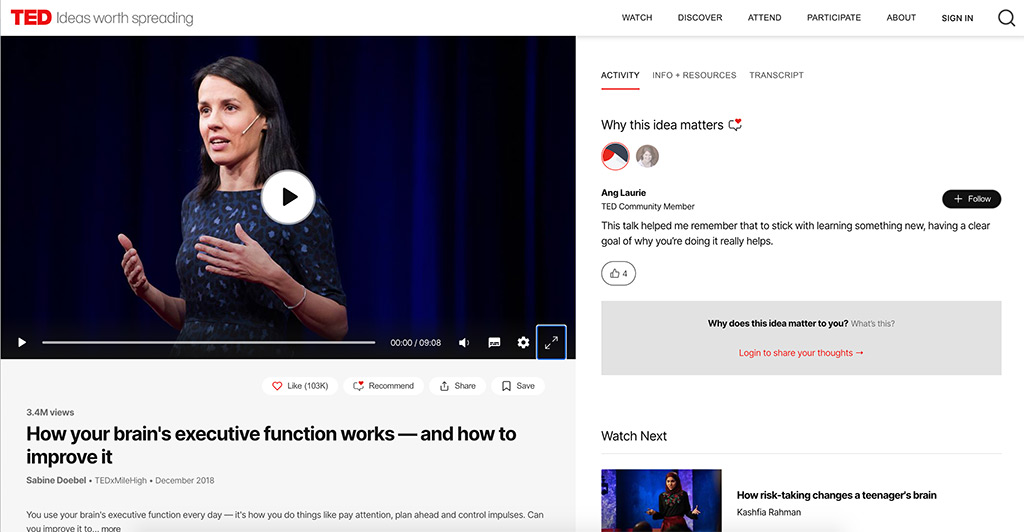As a mini heatwave crept into August, the Power Up reading club has been meeting at a local pub overlooking the Suffolk Coast. With the cool sea breeze filling our lungs, we have been talking all things work related this month, so let’s get into it…
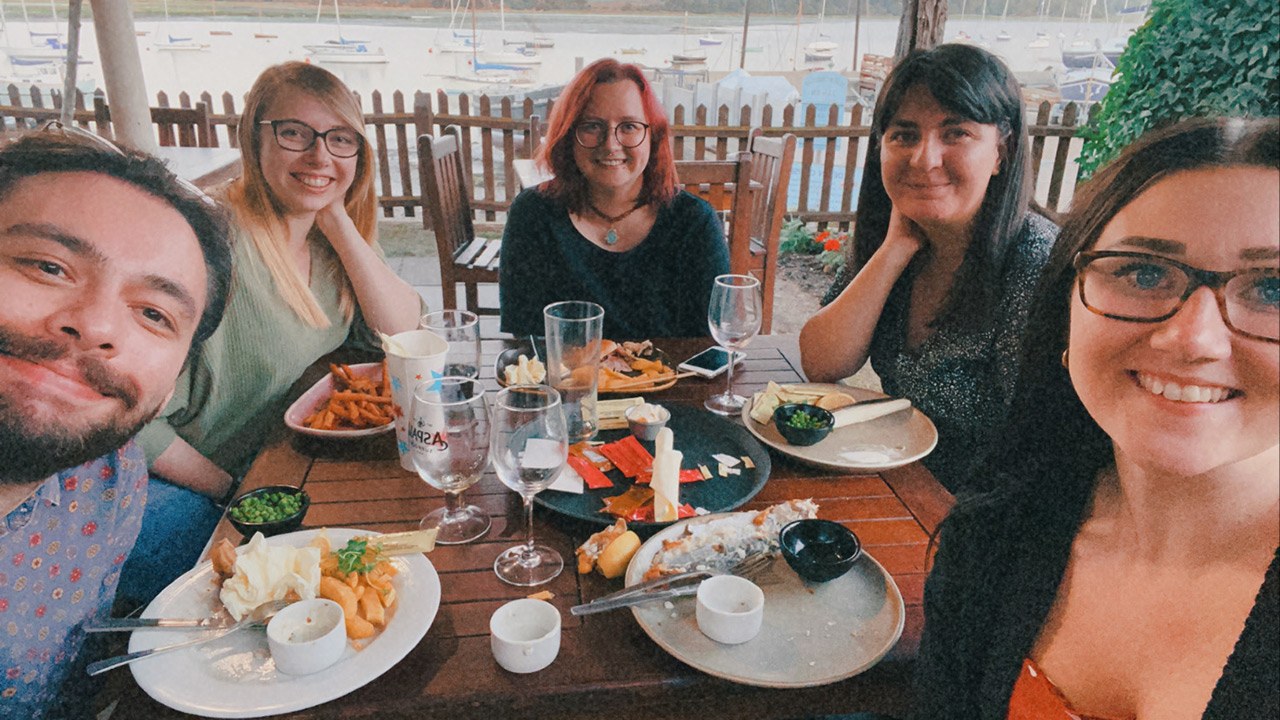
A story about my dad and PPC ads
Author: Harry Dry, Marketing Examples
Reader: Elliot
Speed rating: 6/10
Key Learnings
- Paid advertising strategies need to be seen from a helicopter perspective, rather than by static channels, which can limit results because of preconceived notions and assumptions about user bases.
- Cast the net wide at the beginning, experiment with more channels and media at the beginning of a campaign and reign it back in towards the end, when you have more data available to make better informed decisions.
- Don’t get too caught up in vanity metrics – success is always determined by tangible actions made, not volume of traffic or low CPCs.
Read it yourself: https://marketingexamples.com/ppc/experiments
More productive but less training: How marketers have been working in lockdown
Author: Molly Fleming – Marketing Week
Reader: Emma
Speed rating: 8/10
Key Learnings
- Marketers surveyed actually found lockdown more productive (64% of the 500 surveyed). However, 59% had noted that working at home seeped into their work/life balance.
- The majority of marketers surveyed found that remote working was no more challenging than working in an office, however, 51% stated that they would like more training on best practices of working remotely as a team.
- What does this mean for the marketing industry, there are clearly some key pros and cons to working from home. The majority of workers are more productive and working longer hours at home but finding that work is encroaching on their work/life balance. Are we likely to see a rise in remote marketing agencies and teams or returning to the office environment for our wellbeing?
Read it yourself: https://www.marketingweek.com/productivity-training-marketers-lockdown/
Having a ‘career strategy’ means brutally examining your situation
Author: Colin Lewis – Marketing Week
Reader: Levi
Speed rating: 6/10
Key Learnings
Reading this in the context of strategy for clients rather than careers, the points made below were just as valuable.
- A strategy is a judgement of a situation and a choice made about the best path forward. It can’t be proven correct. There is no single right strategy in business or for careers.
- “The most common path to success is not raw innovation, but skilfully riding a wave of change.”
- Don’t mistake goals for strategy
- Sometimes you have to make a tough realisation about yourself or your client in order to move forward
Read it here: https://www.marketingweek.com/colin-lewis-career-strategy/
What travel marketers need to know to navigate the path forward
Author: Rob Torres, Google
Reader: Roisin
Speed rating: 7/10
Key Learnings
- No surprises, but COVID has had a massive impact on consumer behaviour, evident in searches related to cancellations increasing 15X in March against January 2020.
- Flexibility and safety are the biggest USPs that brands or individuals should adopt moving forward. Gone are the days where hotels, online travel agencies and tour operators could be strict on cancellations – due to COVID-19 customers are looking for that extra layer of protection.
- Contactless experiences and relevant technology are making an appearance across a number of high-profile hotel brands in particular; with some hoteliers in the US (such as Hilton) introducing the concept of self-cleaning rooms.
Read it yourself: https://www.thinkwithgoogle.com/consumer-insights/coronavirus-impact-on-travel/
The Charge: Activating the 10 human drives that make you feel alive
Author: Brendon Burchard
Reader: Ian Garstang
Rating: 6/10
An inspiring read with some fantastic practical exercises. Whilst the two near death experiences and gushing story of his father felt a little out of place, the theory of the 12 human drives does work for planning a better/happier you. I ended up re-reading much of it in order to take some time out with a pen and paper to actually take part in the ‘Charge Points’ which happen periodically through the book. Overall, I’m really glad I read it as I will take away some key learnings from it, even if it wasn’t the 12 that I was supposed to.
Key Learnings
Design Your Ideal Life
A consciously designed existence is a prerequisite for the truly “charged life”. The 12 drives are a great framework to build the ideal life for yourself as it looks at different needs of a person
Focus on the Gains
When making changes in your life, do not focus on what you’re going to lose, instead, focus on what you’re going to gain, whether emotionally or materially. Try to make the process/journey more enjoyable, and consciously design and focus on creating the best possible outcome.
Plan for New
It’s easy to get caught up in the fast pace of life. Plan a holiday every 90 days to get some distance away from work, try a dining tour of your town or plan to see local shows or events. Push yourself to get out more and experience the world.
Plan for Competence
Figure out your training needs and create a learning and implementation plan. Set goals, review your progress and take a couple of minutes at the end of a work day to identify your successes, however small.
How your brains executive function works
Author: TED Talks Daily | Sabine Doebel
Reader: Be
Speed rating: 8/10
Key Learnings
Executive function is cognitive behaviours that are necessary to achieve a chosen goal, this can be anything from working habits to get a promotion or simply opening a bottle of squash to make a drink.
- You will never train executive function through phone apps, it takes daily consciousness to practice it in real life scenarios.
- There are environmental factors that impact executive function such as surrounding yourself with people who share a common goal with you. To achieve something that requires a lot of executive, joining a group of people also working on the same goal and massively increases your chances of doing so.
- If children are surrounded by others with the same goals, they will have better control of their executive function in adult life through forming long lasting behaviours.
Find it here: https://www.ted.com/recommends?gclid=EAIaIQobChMIwsT3mfvY6wIVD-ztCh0jdgOiEAAYASAAEgKRiPD_BwE
What silence can teach you about sounding
Author: TED Talks Daily | Dallas Taylor
Reader: Be
Speed rating: 6/10
Key Learnings
This TED Talk speaks about a famous composer who created a piece of music made up entirely of 4 minute of silence. The beauty of it being, it sounds different to everyone who hears it depending on where you are and your surroundings.
- There is no such thing as silence, even in a soundproof room you will hear the blood pumping around your body and the intricate sounds around you.
- Silence can make you feel grounded and closer to natures, especially if you can hear wind, birds and trees.
- Always been experimental, it’s the people who think outside the box that change the world and blow people’s minds.
Find it here: https://www.ted.com/recommends?gclid=EAIaIQobChMIwsT3mfvY6wIVD-ztCh0jdgOiEAAYASAAEgKRiPD_BwE
10 ways to have a better conversation
Author: TED Talks Daily | Celeste Headlee
Reader: Be
Speed rating: 10/10
Key Learnings
People talk all the time, but the true key to an excellent conversation is to truly listen. This podcast goes through 10 ways to have a better conversation and has particular focus on listening skills, as well as how to respond to someone.
- Don’t assume someone’s feelings, ask them. Asking someone how they feel allows them to be honest, saying “that must have been awful” puts words in their mouth that may not be accurate.
- Listen whilst they talk to you, many people will start to think about what they are going to say in return to someone as soon as the other person starts talking. This can often lead to you wanting to jump in before they have finished what they want to say. Instead, let your thoughts go and wait for them to finish before sharing your thoughts.
- Don’t compare their experience with one of your own. Everyone views things differently and it could be insensitive to take the conversation away from them, especially if they don’t see the two experiences as being the same. It’s not about you, let them share freely, they’ll feel like they can talk to you more in the future.
Find it here: https://www.ted.com/recommends?gclid=EAIaIQobChMIwsT3mfvY6wIVD-ztCh0jdgOiEAAYASAAEgKRiPD_BwE
